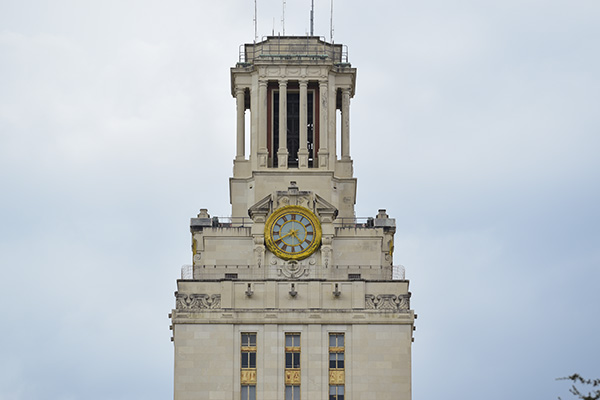Rapid contact tracing and testing of all exposed people by UT Health Austin helped control the COVID-19 outbreak among a group of UT students who traveled to Cabo San Lucas, Mexico, during spring break, according to a Centers for Disease Control and Prevention report released Wednesday.
“A coordinated response with contact tracing and testing of all contacts, including those who are asymptomatic, is important in controlling future COVID-19 outbreaks that might occur as schools and universities consider reopening,” the CDC report said.
On March 27, one symptomatic student who traveled with the group from March 14-19 tested positive for coronavirus. On March 28, two more students on the same trip tested positive, which alerted the COVID-19 Center at UT Health Austin to initiate an outbreak investigation that day, according to the report.
UT Health Austin conducted contact tracing and linked the outbreak to the spring break trip. In the investigation, they tested 231 people for COVID-19, and 28% tested positive, according to the report.
Approximately one-fifth of the people who tested positive were asymptomatic, according to the report.
None of the people who tested positive in the investigation needed hospitalization, and none of them died, according to the report.
During contact tracing interviews led by UT Health Austin, the travelers reported sharing housing both in Mexico and after their return to Austin. The shared housing likely contributed to the spread of the virus, according to the report.
“The prevalence of shared housing and prolonged exposure experienced by the college-aged Cabo San Lucas travelers highlights the importance of universities and schools considering how to align students’ living arrangements with CDC recommendations for living in shared housing as they plan to reopen,” according to the report.
The people who tested positive for the coronavirus out of this group were classified into three categories: the people who traveled to Cabo San Lucas, household contacts of the travelers, and community contacts, or those who had close contact in a community setting with travelers, according to the report.
Sixty of the 183 Cabo travelers tested positive, according to the report. One of their 13 household contacts and three of their 35 community contacts tested positive, according to the report.





















